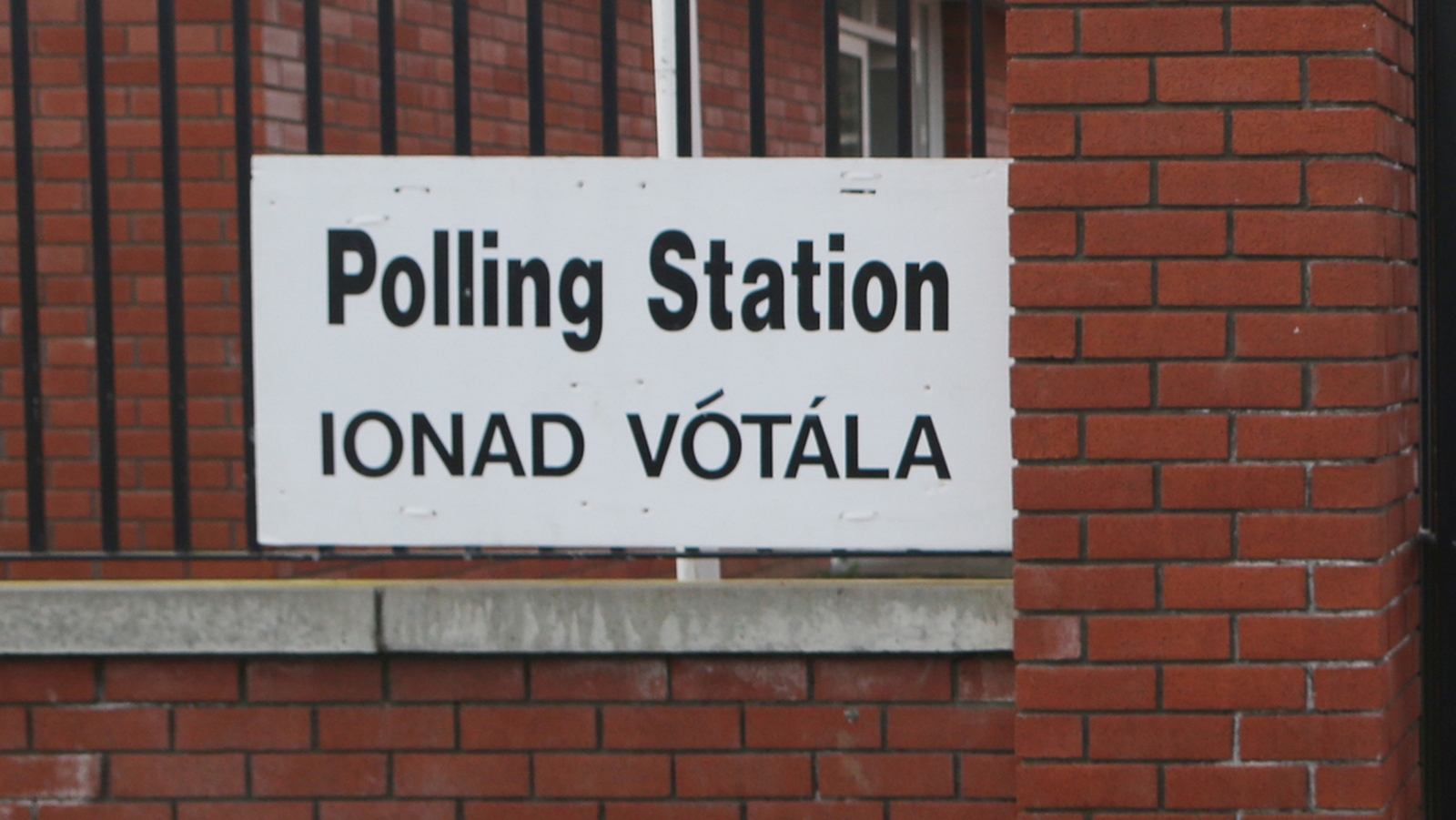Europe within reach of landmark AI rules


Europe moved a step closer to adopting rules governing the use of artificial intelligence and AI models such as Microsoft-backed Chat GPT after EU countries endorsed a political deal reached in December.
The rules, proposed by the European Commission three years ago, aim to set a global standard for a technology used in a vast swathe of industries from the banking and retail to car and airline sectors.
They also set parameters for the use of AI for military, crime and security purposes.
EU industry chief Thierry Breton said the Artificial Intelligence (AI) Act is historical and a world first.
“Today member states endorsed the political agreement reached in December, recognising the perfect balance found by the negotiators between innovation and safety,” he said in a statement.
Under the AI Act, unacceptable risks like emotion recognition technology in the workplace will not be allowed. High risk areas such as health, recruitment and law enforcement will be subject to mandatory compliance requirements. Medium risk systems will be subject to transparency requirements and low risk AI systems are permitted without restrictions.
Minister for Enterprise, Trade and Employment, Simon Coveney, said the AI Act is “a hugely important piece of legislation”.
“It will help foster trust amongst its users through its compliance obligations, transparency and accountability requirements while also ensuring the responsible development of AI which will encourage enterprises to invest and innovate in this new technology.”
Minister of State for Trade Promotion, Digital and Company Regulation, Dara Calleary, said: “The AI Act is the first of its kind and will ensure that AI systems will be used in a trustworthy and ethical manner to protect the rights of the individual while ensuring that the opportunities that this technology brings in areas such as health, the environment, education, will be maximised through responsible, trustworthy innovation.
Today’s agreement was a foregone conclusion after France, the last holdout, dropped its opposition to the AI Act after securing strict conditions that balance transparency versus business secrets and reduce the administrative burden on high risk AI systems.
The aim is to allow competitive AI models to develop in the bloc, an EU diplomatic official who declined to be named because they were not authorised to publicly comment on the issue, had earlier on Friday told Reuters.
French AI start-up Mistral, founded by former Meta and Google AI researchers, and Germany’s Aleph Alpha have been lobbying their respective governments on the issue, sources said.
Germany earlier this week also backed the rules.
Tech lobbying group CCIA which counts Alphabet’s Google, Amazon, Apple and Meta Platforms as members, warned of roadblocks ahead.
“Many of the new AI rules remain unclear and could slow down the development and roll-out of innovative AI applications in Europe,” CCIA Europe’s Senior Policy Manager Boniface de Champris said.
“The Act’s proper implementation will therefore be crucial to ensuring that AI rules do not overburden companies in their quest to innovate and compete in a thriving, highly dynamic market.”
The next step for the AI Act to become legislation is a vote by a key committee of EU lawmakers on February 13 and the European Parliament vote either in March or April.
It will likely enter into force before the summer and should apply in 2026 although parts of the legislation will kick in earlier.



